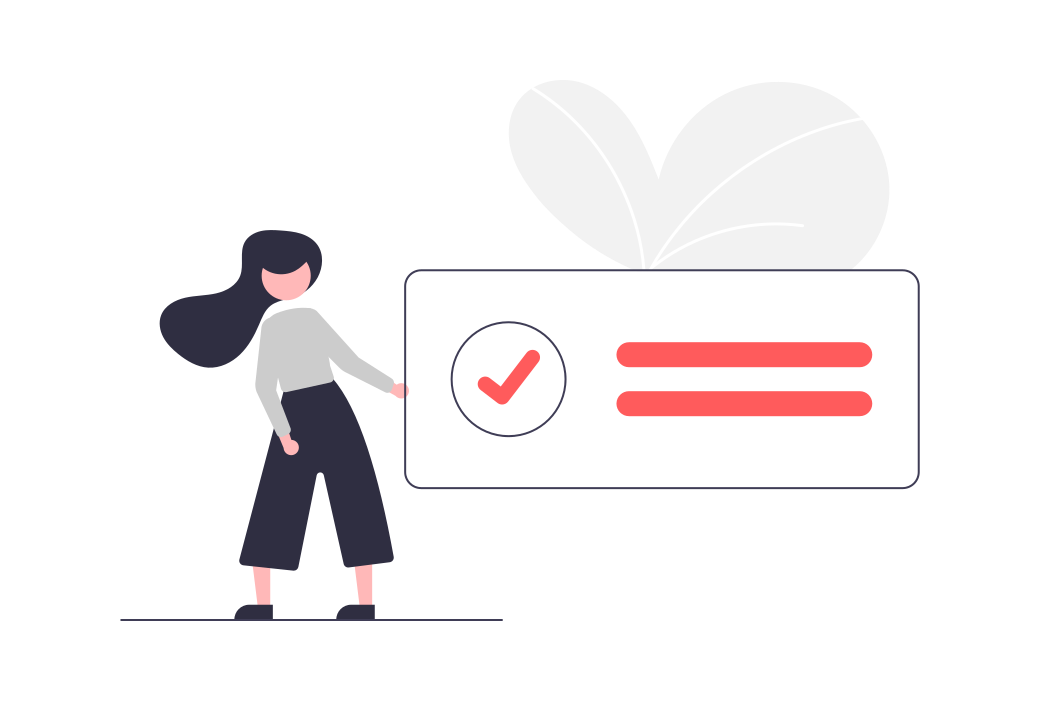Introduction

The Service Design Skills Checker is a set of two practical down to earth self-assessment tools, not an academic exercise. It's like a quick gut check to understand where you stand with your Service Design skills.
The two versions
You can either use:
The Canva: a one pager version of the tool.
The Tiny App: a tool that for each of the skills asks you concrete questions to help you evaluate your skills and comes with a recommendation.
How it works
The canvas helps you think about 10 skill categories:
Research
Synthesis
Systems Thinking
Ideation
Prototyping
Workshops
Backstage
Business
Lobbying
Storytelling
In the Canvas, you can also add your own additional skill if something important to you isn't listed. These 10 categories are just my personal selection, there could easily be dozens more, depending on who you ask, and also if you ask me again at another time.
The real goal
Here's the key thing to have in my:
The goal is not to have everything perfect. No Service Design professional can be great at all these skills. That's simply not realistic or expected.
Instead, the canvas helps you become clearer about your strengths and blindspots. I recommend using this clarity for two things:
See which areas you might want to improve
Realize with whom it's smart to partner to complement your skills
The prioritization step
After rating yourself across all categories, I recommend prioritizing. For example, it can be smart to identify two specific skills:
Double Down Skill: This is a key skill you're already good at that's worth developing even further. It's about leaning into your strengths to differentiate yourself from other professionals. This becomes your competitive advantage.
Blind Spot Skill: This is a key skill you currently struggle with that's worth learning to become a stronger professional. It's not about becoming perfect at everything, but addressing a significant gap that might be holding you back.
The canvas also asks you to identify Resources—the people, platforms, and resources available to help you develop both your Double Down Skill and your Blind Spot Skill. Because skill development doesn't happen in isolation.